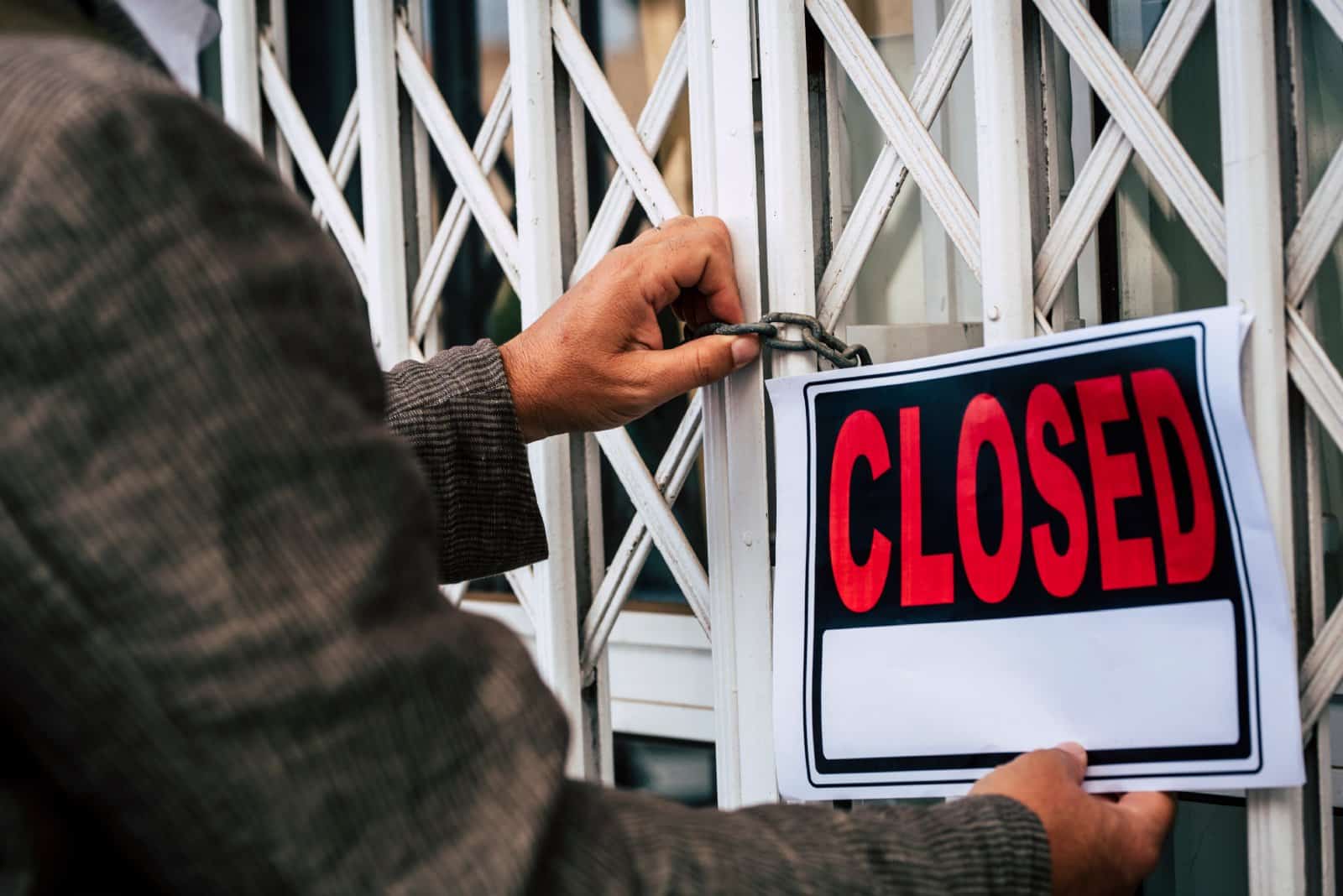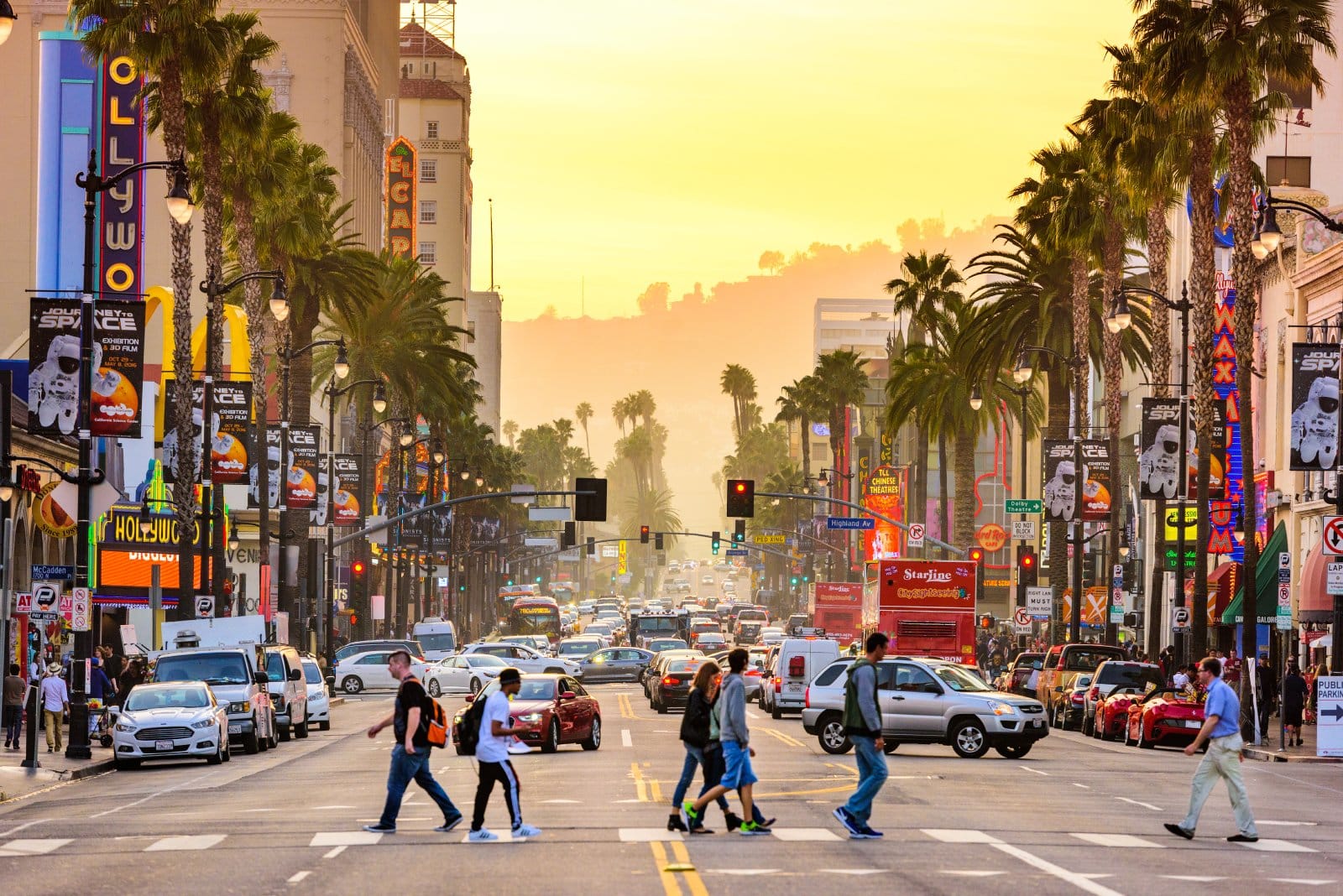California’s fast food workers have a reason to be happy, as the state’s new law has made their minimum pay $20 an hour. The change seeks to provide financial stability to a job often labeled as underpaid.
Mixed Reactions Among Workers

While many fast-food employees welcome the wage hike, some express concerns that it still falls short of addressing California’s high cost of living.
Workers, including women, immigrants, and people of color, emphasize that even with the increase, they struggle to make ends meet.
How Wage Rise Impacts Prices and Businesses

The higher wages might make businesses increase prices. This is because businesses have to pay more for workers.
Franchise owners worry about this law. They say it might force them to lay off staff, raise prices, or even close down. This is because their profit margins are already low.
Fast Food Workers’ Daily Struggles

Workers who came to the U.S. in 2019 need higher pay to support themselves and their families. Even with higher wages, many must work multiple jobs in California’s costly cities.
Challenges for Small Company Owners

Small business leaders, especially franchisees, face tough choices as wages increase.
Some report slower sales and financial strain, which leads to job cuts, less hiring, and difficulty keeping operations going.
Industry Response and Adaptation

Big fast food chains plan to raise menu prices to cover higher labor costs. While some franchisees are exploring new business models like relying on delivery apps or reducing staff to save money.
Statewide Impact and Observations

California’s minimum wage hike sets an example for other states as it sparks debate on labor conditions and economic impact.
Experts and industry insiders closely watch to assess the effects on jobs and consumer behavior.
Negotiating Fair Wages for Fast Food Workers

The wage increase negotiated by labor unions and the fast-food industry balances workers’ rights and business needs.
The law aims to improve working conditions for fast-food employees in the long term.
California Leads on Workers’ Rights

Amidst ongoing debates about labor rights and income inequality, California’s recent wage hike stands out as a testament to the state’s commitment to protecting workers through progressive legislation. This move could potentially inspire other states to enact similar laws aimed at ensuring fair wages for all.
Impact on Other Industries

While the law primarily focuses on fast food chains, its impact extends beyond this sector to affect various industries.
Businesses across the board, vying for hourly workers, may find themselves compelled to increase wages to remain competitive. Failure to do so could result in the loss of employees to higher-paying positions in the fast food industry.
Impact on Employment and Economy

As businesses adjust to the new wage regulations, experts are assessing potential shifts in job dynamics and the economy.
California’s experiment with industry-specific minimum wages could serve as a model for future policy decisions.
Local Initiatives and Regional Variances

California’s diverse economy and varied living costs across regions has contributed to different responses to the wage increase.
Cities with higher expenses may see greater impacts than places with lower costs.
Worker Mobility and Job Market Dynamics

The increase in wages could influence fast-food workers’ decisions to either remain in their current positions or seek alternative employment opportunities.
Employers in competitive industries may need to provide competitive wages to attract and retain workers amidst the evolving job market.
Planning Smart Business Moves

Business owners are making plans to handle higher labor costs without sacrificing profitability.
Some are trying out new ideas like using more machines or finding better ways to work in an attempt to soften the impact of wage increments on their bottom line.
Society and Politics at Play

The wage hike reflects broader societal discussions concerning income equality and social equity. Those in favor see it as a fair deal for essential workers, while critics worry it could hurt businesses.
Shoppers React, Markets Shift

The pay increase could lead to higher prices and change how people spend money. Businesses are watching to see how consumers respond and will likely change their marketing strategies based on the new market scene.
Workers Have More Power with Higher Pay

The increase in wages marks a victory for labor groups advocating for fair pay and improved working conditions, and fast food workers now have more power in deciding industry rules.
California’s Economy Must Adapt

The wage increase in California brings challenges for the economy. People could lose jobs, and businesses might close.
But California has smart ideas to handle the changing laws, showing it’s good at finding new ways to make the economy work.
The post New Law Boosts California Fast Food Worker Wages first appeared on Wealthy Living.
Featured Image Credit: Shutterstock / Sorbis.
The content of this article is for informational purposes only and does not constitute or replace professional financial advice.





